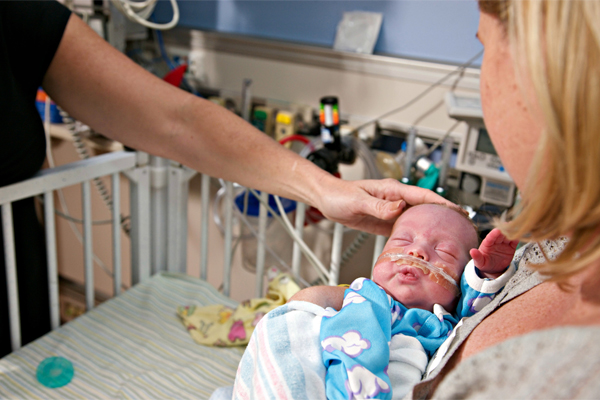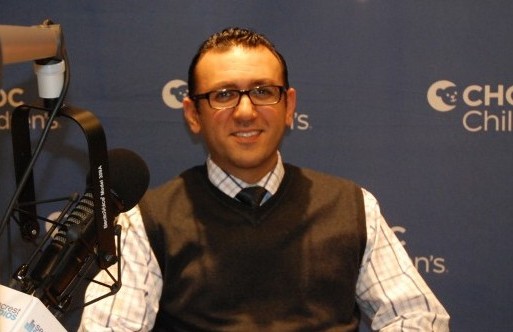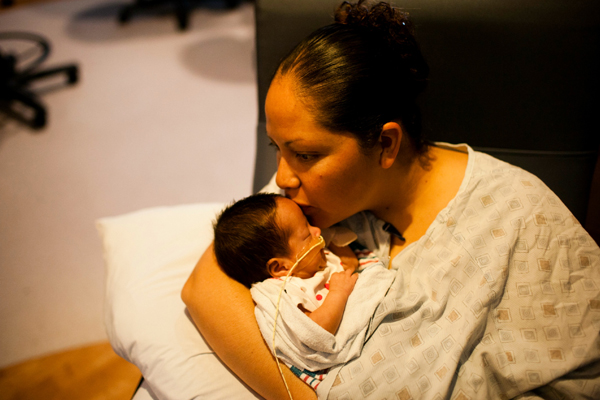HELPING PREEMIES GROW
A premature or preterm baby is born before 37 weeks of gestation. Preemies often require hospitalization but mom can help her preemie from day one, says Dr. Bixby, a CHOC Neonatologist. “Early on, the best way for a preemie to grow is with the mother’s milk. Moms can start pumping in the hospital and should start pumping as soon as possible after delivery. We also have found that having the parents place the infant on their chests, skin to skin (called “kangaroo care”) helps the baby grow, breathe better and develop better.” Parents should ask their neonatologist and pediatrician about medical issues to watch for as their preemie grows. Keeping up with standard vaccinations and special vaccinations for preemies is also important, says Dr. Bixby. Parents should also keep up with their vaccinations, particularly influenza and pertussis vaccines, which will protect the baby until the babies immune system has matured and the standard vaccines are completed.
DEVELOPMENTAL MILESTONES
“Premature infants are at risk for developmental delays so parents should be watchful of the developmental milestones, taking into account the appropriate delay from an early birth,” says Dr. Bixby. Preemies visit CHOC’s Early Developmental Assessment Clinic at 6 months of age for a full assessment of the baby’s development and nutritional needs and a referral to the appropriate specialist if necessary, she said, adding, “Parents and families should create a loving and engaging home environment so the baby is encouraged to move around and reach for things and interact with the world and learn.”
PREVENTING PRETERM DELIVERY
Pregnant women are encouraged to seek prenatal care as soon as possible to help prevent a premature delivery and to identify any potential problems that could lead to a preterm birth, says Dr. Bixby. “Pregnant women should see their family practice doctor or obstetrician regularly and get a referral to a specialist if there are concerns about the pregnancy. Good dental care helps too. Research shows that dental disease or poor dentition is associated with preterm delivery. Mom should take care of herself, get some exercise in consultation with your obstetrician and eat well.”
FAST FACTS
- Annual cost to society for premature births: $26 Billion+
- Percent increase over the last 25 years in premature births in the U.S.: 36
- Number of premature babies born each year in the U.S. (1 IN 9 BABIES): 500,000




















